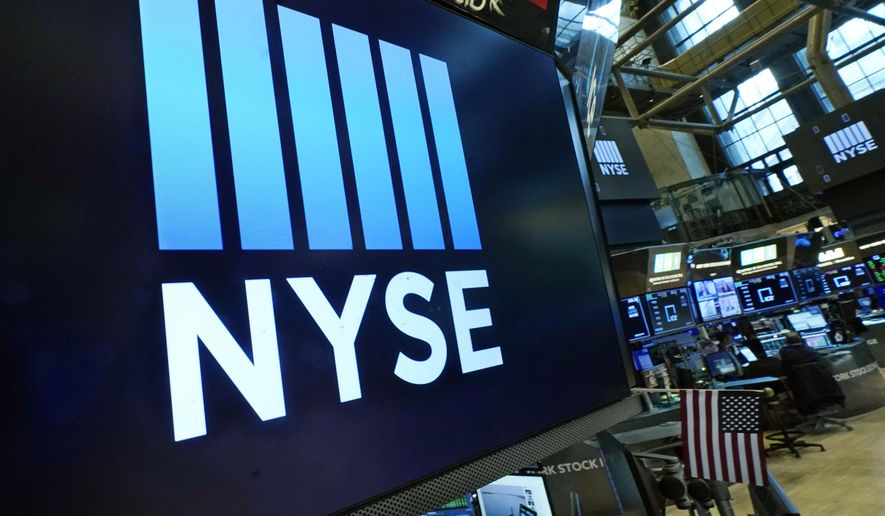Five major Chinese state-owned companies, including oil producers Sinopec and PetroChina, announced Friday they will no longer list their stock for trading with the New York Stock Exchange amid U.S. investigations of their audit and disclosure policies.
In addition to the oil companies, China Life Insurance Co. Ltd. and Aluminum Corp of China Ltd. also are voluntarily delisting from the exchange. A Sinopec subsidiary, Sinopec Shanghai Petrochemical Co., also will delist from the exchange.
The China Securities Regulatory Commission said in a statement that some state-owned companies decided to delist from the U.S. exchange based on the rules of overseas stock markets.
“Listing and delisting are normal [activities] in the capital market. According to the announcements of the relevant enterprises, they have strictly abided by the U.S. capital market rules and regulatory requirements since their listing in the United States, and the delisting decisions were made out of considerations for their own business development,” a Chinese commission official was quoted as saying in the statement.
The companies’ shares in the United States account for a small portion of their total shares, the statement said, according to a Reuters report from Shanghai.
But the moves come amid pressure from the Securities and Exchange Commission, which said in May that the five Chinese companies were failing to comply with U.S. auditing and transparency standards. Chinese state media accounts made no mention of the SEC pressure.
Instead, the oil companies’ announcement said the firms were leaving because of small trading volumes of their shares in the U.s. exchange and “heavy relevant compliance costs.” They said they would continue to trade internationally on the Hong Kong stock market.
The SEC announced rules in December that could bar trading by Chinese companies under the new law. A total of 273 Chinese companies could be banned from U.S. markets, the SEC said.
During the Trump administration, financial regulators began cracking down on Chinese companies listed on U.S. exchanges over the failure of most to comply with audit laws. The move came amid talk of “de-coupling” the vast U.S. and Chinese economies, reducing financial, trade and investment links.
Companies linked to the Chinese military were also targeted for sanctions as part of a policy of preventing U.S. financial markets from underwriting the costs of China’s large-scale military buildup.
Former President Donald Trump, in December 2020, signed into law new restrictions that would expel Chinese companies from U.S. stock exchanges if they failed to adhere to American auditing rules.
The “Holding Foreign Companies Accountable Act” prohibits securities of foreign companies from being listed on any U.S. exchange if the companies fail to abide by rules for audits imposed by the Public Accounting Oversight Board for three consecutive years. China’s government prohibits state-owned companies from complying with the audits for fear of disclosures of sensitive internal information.
Talks on resolving the dispute have been underway between U.S. and Chinese officials.
Spokespeople for the New York Stock Exchange, the PCAOB and the SEC had no comment.
Y.J. Fischer, director of SEC’s office of international affairs, said in a speech in May that Chinese companies were not complying with U.S. inspections of audits and investigations in China and Hong Kong.
“For more than a decade, local authorities in those jurisdictions have hampered the Public Company Accounting Oversight Board’s ability to obtain audit work papers and interview audit engagement personnel as statutorily mandated,” Ms. Fischer said.
“This situation is untenable because, among other things, it exposes U..S investors to significant risks.”
• Bill Gertz can be reached at bgertz@washingtontimes.com.




Please read our comment policy before commenting.